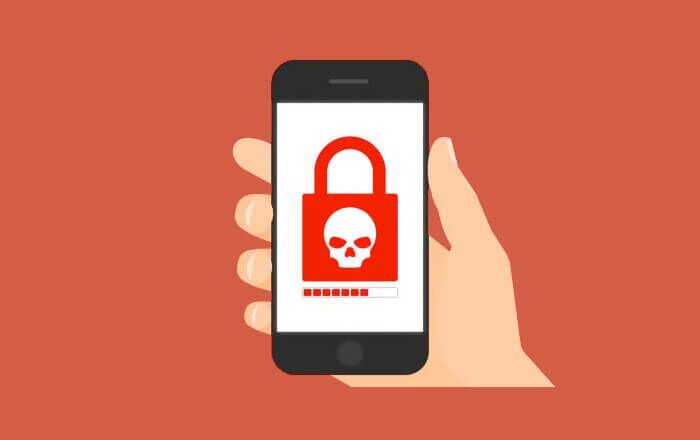Desktops and laptops always receive the highest attention and the highest protection from users in the form of anti-virus software installation and upgrades. However, there is another device that is also vulnerable to attacks by malicious parties – the mobile phone.
There are many ways to identify if your smartphone has been hacked and attacked by malware. These signs include:
• The phone battery dies within hours of charging.
• Mobile data usage has suddenly increased.
• Mysterious calls or messages get sent from your phone (or are received from unknown senders).
• Your phone’s apps hang or crash, and the screen freezes often.
• The phone constantly overheats.
• You notice new apps on your phone, which you haven’t installed.
• Adverts start getting insistent and invasive (and this wouldn’t happen before).
Things you can do to protect your phone from virus and malware
Smartphones are one of the most indispensable technologies in the workplace today. We make countless phone calls, send emails, conduct video chats and perform other important activities through our phones.
Many times, we store sensitive information like clients’ details or our very own passwords, banking information and other personal information in our phones, and if hacked, we stand to provide easy access to this data to malicious people with immoral intent.
To prevent this, it’s necessary to implement certain security measures. Some things you could do are:
• Keep your phone locked using a passcode or fingerprint scan
Many people forget to lock their phones, despite having access to in-built phone-locking technology. This can create avenues for people to steal your phone and wreak havoc on your data. It’s best to lock the phone with the passcode or fingerprint to ensure that you alone can access your phone.
• Implement two-factor authentication for your apps
When signing into your accounts or downloading apps, always implement two-factor authentication for added security. This way, any application that you didn’t authorise will never make its way into your phone or make changes to your phone’s hardware and software.
• Update your phone’s software as soon as new patches release
A lot of Android and iOS phones release regular security patches. It’s important that you upgrade your phone immediately. You can set your phone to automatically download and install these security features as and when they are released.
• Install/purchase apps from trusted parties only
There’s a reason why the App store is more trusted than the Google Play Store. Android allows external developers to post apps or make changes to the Play Store, while the App Store only allows in-house developers to list their apps and solutions on the platform.
To avoid getting into trouble, choose to purchase apps only from the App Store (iPhone users) and select apps from Android-approved providers (Android phone users) at all times.
• Use a VPN when travelling
While free Wi-Fi networks may be enticing, there is nothing worse in the world which can really wreak havoc on your phone. Hackers use free Wi-Fi networks to install viruses and malware on the phones of unsuspecting users.
If you’re travelling on work (or holiday) and need to use the free Wi-Fi, it’s best you use a Virtual Private Network to mask your phone from nearby users.
• Encrypt the data on your device
Today, you have many apps and software like Signal, RedPhone and ChatSecure which offer end-to-end data encryption services for mobile phone users. Installing these apps can help you add a layer of security to your phone.
• Install a mobile anti-virus software
As a best practice, always choose to purchase phones which have a history of releasing software security updates regularly. However, if that’s not feasible, you should always actively seek to manually upgrade your phone’s security features by installing an anti-virus security software that has been specially designed for mobile phones.
Some good anti-malware and anti-virus mobile solutions providers include Norton, Avast, Kaspersky, AVG, Sophos and Avira. You can also consult our team at totality services for ways to protect your mobile devices from malware attack.
